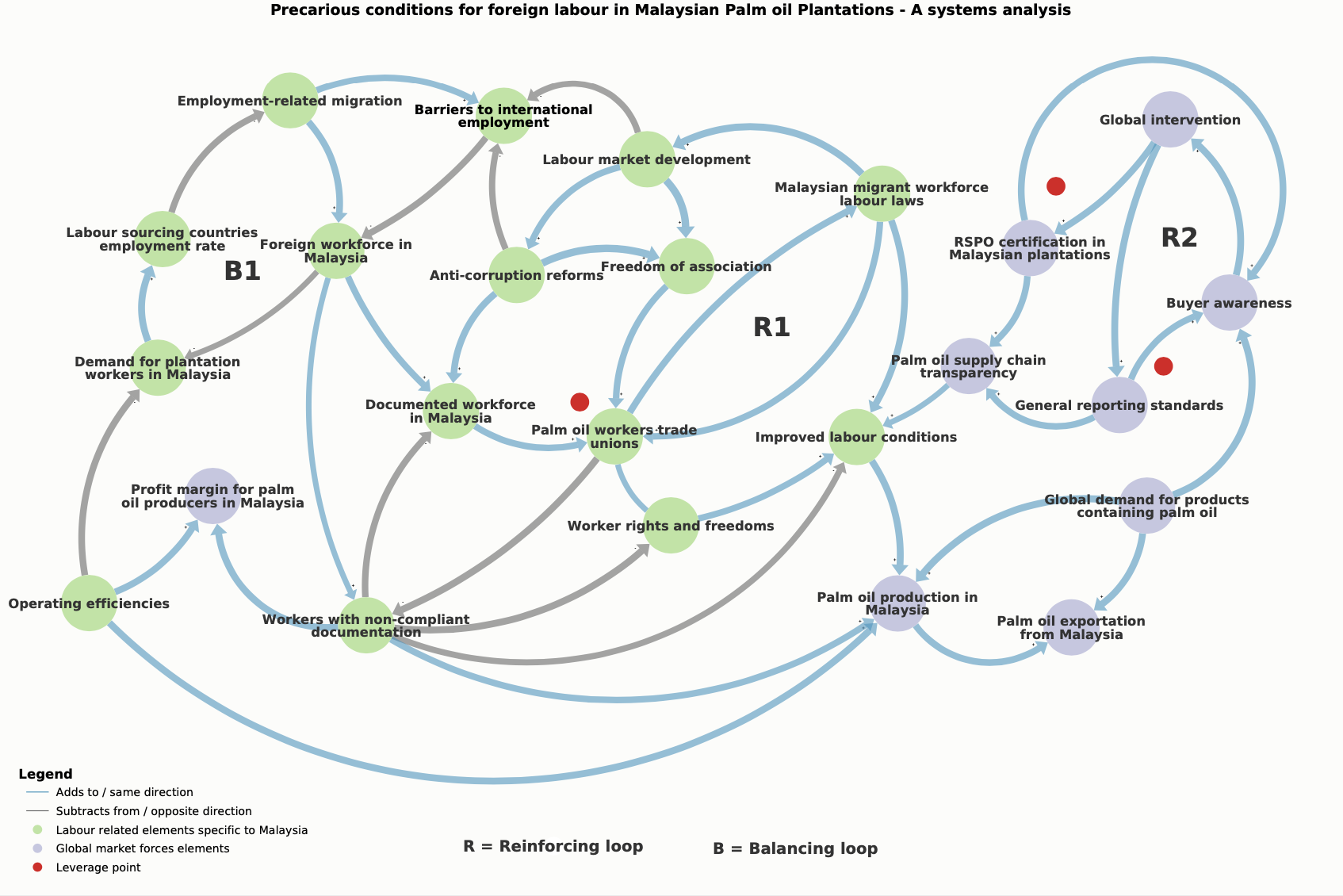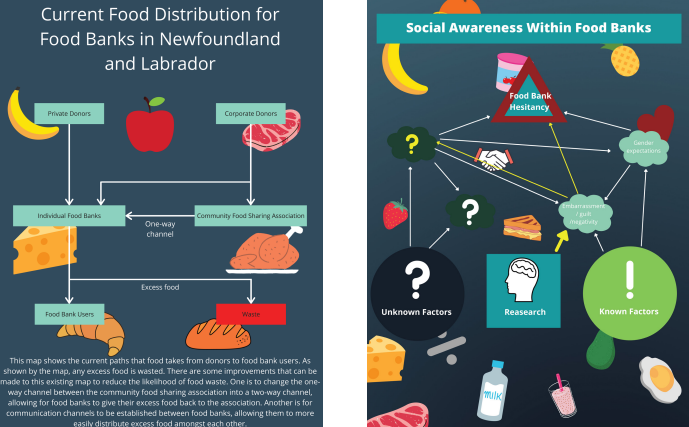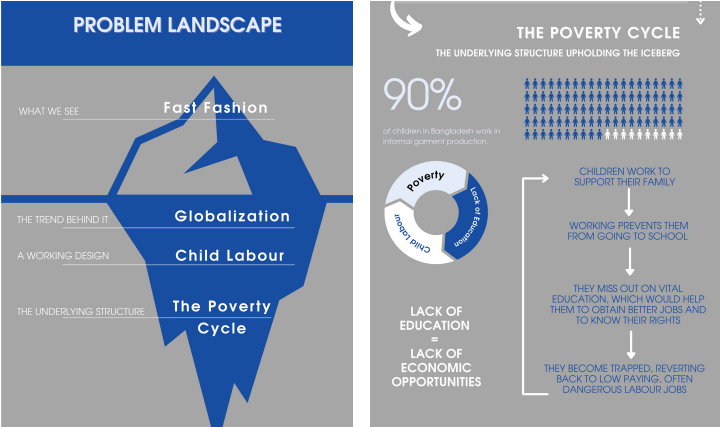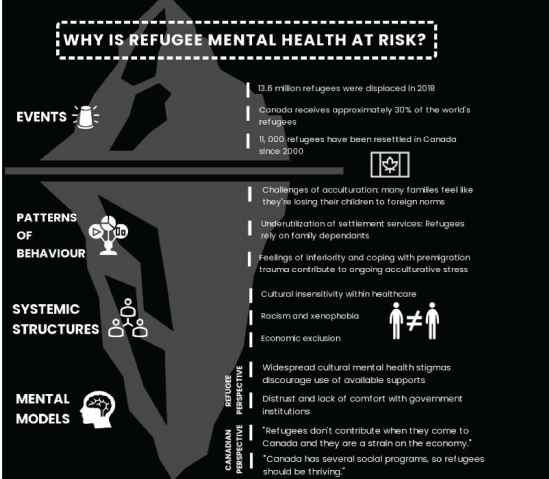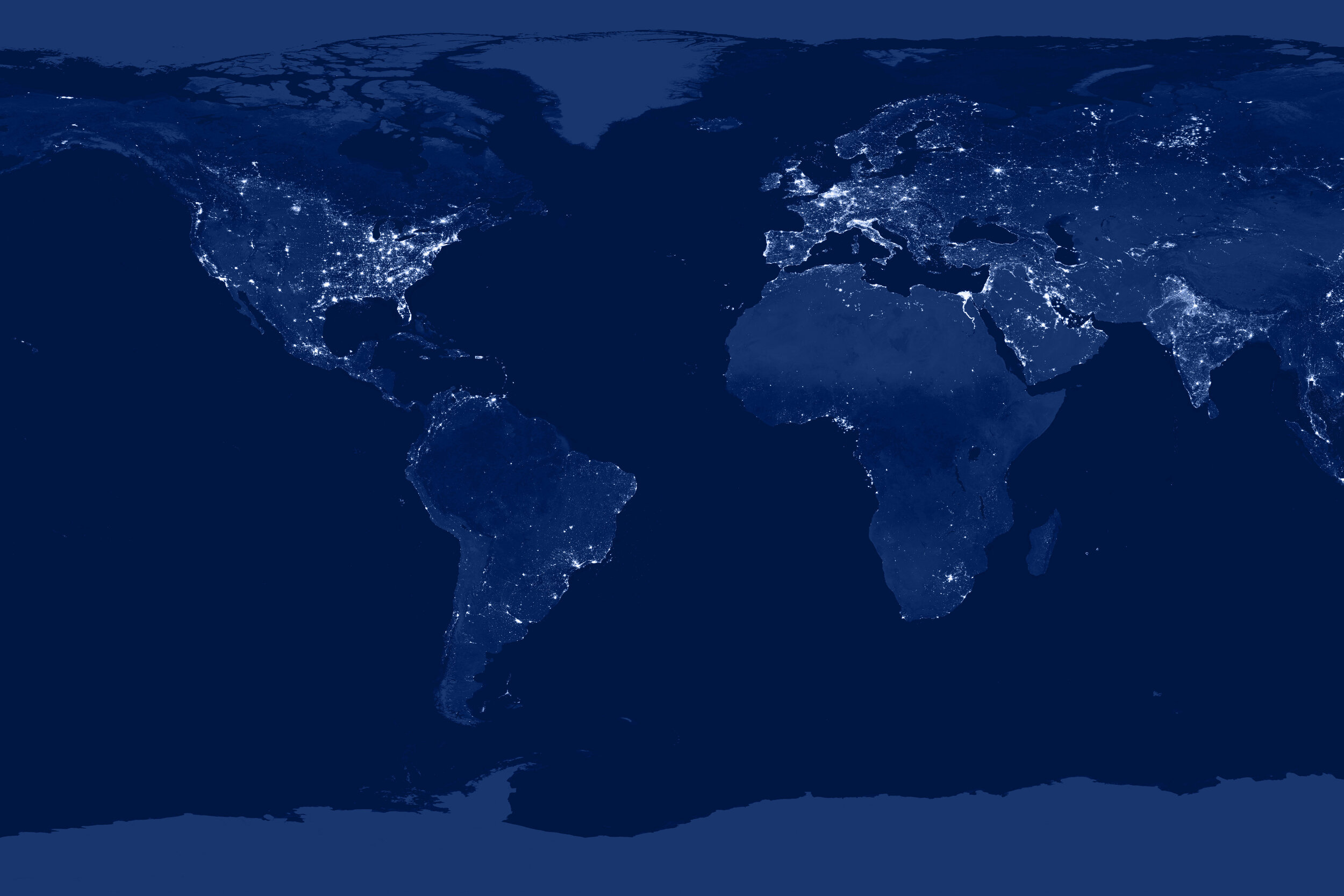
Map the System Canada 2021
Map the System 2021 was held virtually for the second year in a row! This year, 4 teams will represent Canada at the Global Final in Oxford.
Top 4 Canadian Finalists
Green is Not Enough: Making Renewable Energy Regenerative
The University of Alberta team sought to understand and map the high-risk supply chain implications of building new renewable energy projects. In other words, their report concerns the manufacturing, implementation, and decommissioning of three major renewable energy technologies: wind power, solar power, and electrical storage technologies, such as lithium ion batteries. The report is not focused on the technical implications of integrating renewables into electricity grids as this topic is already well-researched.
Unique Get Together Society (UGTS) and Urban Indigenous Food Insecurity in British Columbia
The University of British Columbia team investigated the challenge involved in achieving food security in British Columbia for Indigenous Peoples living in urban settings. The team conducted a literature review, interviews with stakeholders and surveyed UGTS’ Essential Food Basket program users. The key findings were that urban Indigenous Peoples experience disproportionate rates of food insecurity, and that there are many complex systemic challenges that perpetuate food insecurity in this population.
Analysis of Sex Trafficking in Canada
The challenge the Wilfrid Laurier University team examined was sex trafficking in Canada. The information for the report was obtained through a variety of qualitative primary and secondary sources. Primary sources included personal interviews conducted with community organizers and non-profit employees. Secondary sources included journal articles, government websites, research studies, charity websites and news articles. Two key findings discovered through the research were that there is a general lack of awareness of what sex trafficking is and what the magnitude of the problem is here in Canada.
Precarious Conditions for Foreign Labour in Malaysian Palm Oil Plantations
The University of Waterloo team examined the role of foreign labour in Malaysian palm oil plantations and oil mills. The research objective of this team was to explore the precarious labour conditions in Malaysia’s palm oil plantations to better understand patterns of behaviour and the structure of the system that might be holding patterns in place. It was found that working conditions of foreign labourers is likely to deteriorate without an expansion of key supervisory regulations and labour representation mechanisms. The latter needs to be integrated with a pull strategy from consumers and thus buying corporations focused towards developing better working conditions for the labourers.
Canadian Finalists 2021 Participants
The Concordia University team mapped the waste crisis.
These students were the participating institutions’ finalists who shared their 10-minute presentation at the Canadian finals.
The HEC Montréal team’s research focused on the systemic causes of Indigenous Homelessness.
The Memorial University team examined challenges faced by Food Banks to better understand food insecurity in Canada.
in Nova Scotia.
The Trent University team described the system needed to transition fossil fuel workers to low-carbon jobs in Alberta, Canada
The research centered around two main questions; Why do certain businesses think fast fashion has a positive impact on workers in Bangladesh? and, What can we do to enhance the ethics surrounding this industry?
The team explored the interconnections and gaps in existing solutions and underlying mental models that perpetuate a dysfunctional food system.
The Mount Royal University team explored the treatment of Indigenous Peoples in the child welfare system in Canada.
A critical analysis of psychosocial determinants and broad health and reintegration systems that affect the mental health outcomes of Canadian refugees.
The ETS team’s research was focused on the undoubted impacts that the growing e-commerce industry is having on the environment.
The MacEwan team researched the systemic cracks in Canada’s long-term care system that have resulted in an unfortunate reality for Canadians in long-term care facilities.
The team observed the temporary foreign worker industry in BC, with a focus on the agricultural sector.
The impacts of climate change are not gender neutral, and women across the world are disproportionately impacted by climate change.

Map the System Canada 2021: Highlights
Finalist Showcase Booklet
Get a glimpse of what Canadian Students are interested in! The Map the System 2021 Finalists booklet contains the visual systems maps and project overviews of all 16 Map the System Canada 2021 teams.
Virtual Final
On May 7th, 2021 the National Map the System online final took place. During the final 8 teams competed for an opportunity to advance to the Global MTS Competition and cash prizes. Missed the live event? Click the links below to view the live presentations.
Mount Royal University
University of British Columbia
Wilfrid Laurier University
Humber College
Trent University
Université de Sherbrooke
University of Alberta
University of Waterloo












